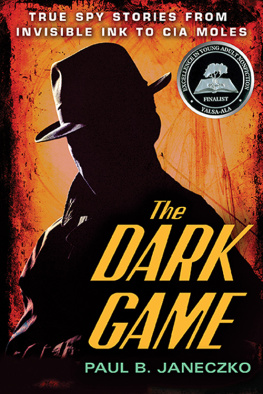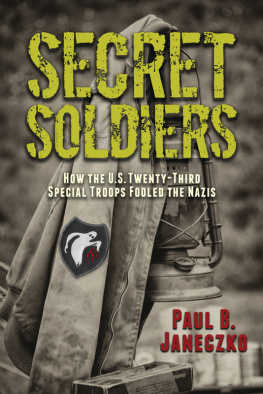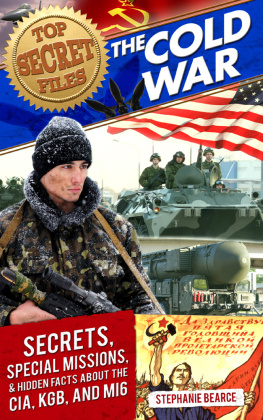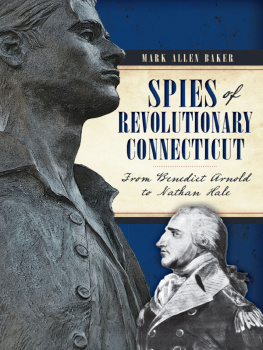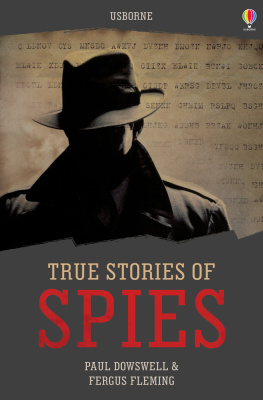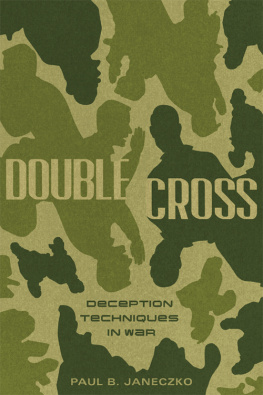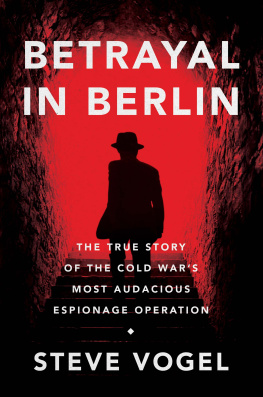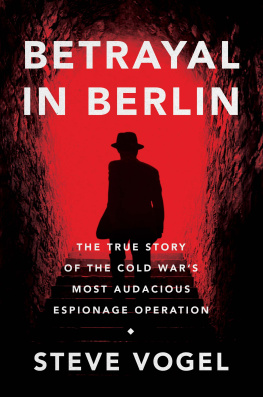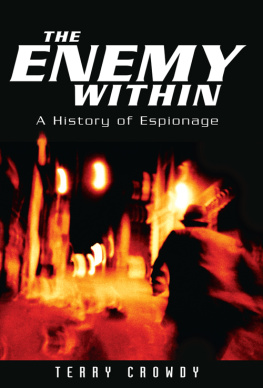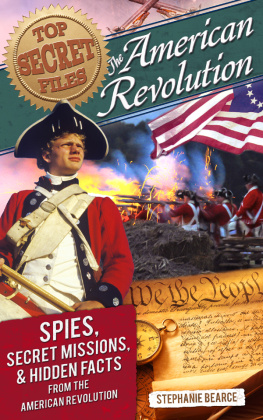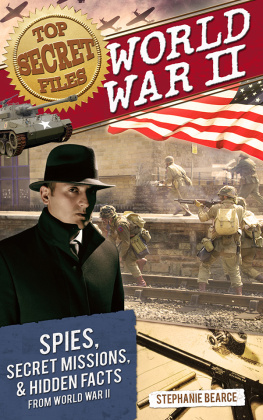
Whenever I visit schools to talk to students about my writing and my books, someone always asks this question: Did you always want to be a writer? Far from it. Being a writer was probably the furthest thing from my mind when I thought of what I wanted to be when I grew up. More than anything else, I wanted to be an FBI agent. Seriously.
Looking back, its easy for me to understand why I found such a career so appealing. Nearly all that I read, outside of the usual stuff for school, was about crime and detection. I was a huge fan of the Hardy Boys. That was the life I wanted to lead, even though my father fixed televisions for his work and my brothers and I were more interested in playing baseball.
Beyond the Hardy Boys books, I read whatever I could find on crime and detection in our town library or in the used bookshop that I regularly visited. I read about gangsters, like Al Capone and Legs Diamond, and about the federal agents who fought them, like Eliot Ness and the Untouchables. I read books like The FBI in Peace and War, Inside the FBI, and The FBI Story and marveled at the way they tracked down criminals and spies. But I didnt stop with books on the FBI. I read books about the U.S. Secret Service and U.S. treasury agents to find out how they helped protect our country from saboteurs. If it was about espionage, I probably read it.
My fascination with spies didnt stop with my reading as a kid. As I grew up, I continued to feed my fascination with the espionage game and those who practiced it by reading novels by writers like Eric Ambler, John Buchan, and John LeCarr. Later I read spy tales by Robert Ludlum and Alan Furst. But I also followed the real-life spy dramas that were unfolding in the news, like ill-fated U.S. spy flights of the U-2 and the bugging of the American embassy in Moscow, both of which I include in this book.
But I never knew anything about the history of spies in this country. I didnt know that George Washington was instrumental in establishing an intelligence community in the colonies that played a huge role in winning the Revolutionary War. I knew nothing about the women who acted as spies during the Civil War. Nor did I know that the espionage establishment grew and changed as our country went to war, that it adapted to new technologies. And although Id read a lot about espionage since the start of World War II, I knew only part of the story. The research I did to write this book filled in the gaps.
Spying is a murky business: its not always easy to tell the good guys from the bad guys, youre not always certain who is telling the truth, and those you call your friends might not be who you think they are. Indeed, the spys world can be a deadly place. Nonetheless, men and women continue to work in the shadows, trying to serve the government and citizens of their country.
The other side of the spy story is the work of the counterintelligence agents who track down spies in a frantic effort to stop the damage they have done. In you can read about the CIA and FBI agents who gathered evidence against Aldrich Ames and Robert Hanssen. These agents also work in the center of the spy game.
Since you have picked up this book, Im guessing that your interest in spies may run as deeply as mine. I wrote this book because I wanted to make available to young readers something of a history of spying as it affected the United States from the Revolutionary War through the Cold War and into the end of the twentieth century. The story continues, of course, with the terrorist attacks of 9/11 and beyond. But that is a subject for another book. In the meantime, I hope you enjoy this one.
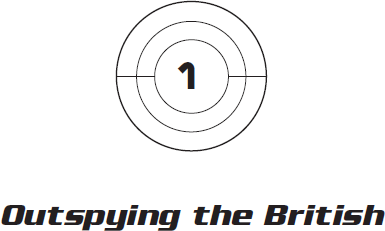
If ever there was a war that showed the importance of intelligence gathering, it was the American Revolution. When the colonies went to war to free themselves from the grip of King George III, they had no centralized government. Thus, they had no federal army, only local militias, and no central treasury with which to outfit and arm those militias. And, of course, they had no organized intelligence network. Despite all these shortcomings, the colonists defeated the mighty British Empire. How did that happen? Historians generally agree with British major George Beckwith, the head of British intelligence operations in America at the end of the war, who wrote, Washington did not really outfight the British, he simply outspied us!
The colonies spy network developed slowly. First came organized resistance to British actions, in the form of secret societies called the Sons of Liberty the first of which was formed in Boston in 1765. Branches of the Sons of Liberty were created in all the New England colonies, then in New York and South Carolina.
As the political climate heated up, Samuel Adams wanted to get the word out across the colonies and so formed the first Committee of Correspondence in Boston in 1772. Soon, more than eighty communities in the Massachusetts colony had similar committees, and the idea spread down the East Coast. The Committees main purpose was to alert colonists to the latest actions of the British. They also organized express riders to deliver Patriot propaganda material that could not be sent via the Crowns official post offices to rally colonists to the cause.
The work of the Committees of Correspondence developed into the Committees of Safety around 1775. These committees carried the Patriot agenda a step closer to war. Their mission was military, including activating militia and confiscating British or Tory weapons and stores.
Around the same time, in Samuel Adamss hometown of Boston often called the Cradle of Liberty some local Patriots formed what many historians consider the first intelligence-gathering network in the colonies. The group was known as the mechanics because its members, including Paul Revere, were skilled laborers and artisans. The mechanics snooped on British activities and also sabotaged and stole British military equipment.
Seven months after the war started on the common of Lexington, Massachusetts, the Second Continental Congress intensified its efforts to gather and manage intelligence. The groups most significant decision came when it named George Washington as the director of the fledgling intelligence operation. So the man who would become the father of our country can also be considered the father of American espionage. For the remainder of the war, George Washington served the dual role of commander in chief of the rebel troops and director of espionage operations.
During the early months of the war, things did not go well for the rebels. On August 20, 1776, 20,000 British troops under General William Howe arrived on Long Island to confront Washingtons troops. A week later, the rebels retreated and, under the cover of a thick night fog, evacuated by boat to Manhattan. Although Washington avoided almost certain capture, Howe was not willing to let him off the hook so easily. His redcoats landed at Manhattans Kips Point in September and pursued the rebel army until it was driven up Manhattan Island to Harlem Heights.

